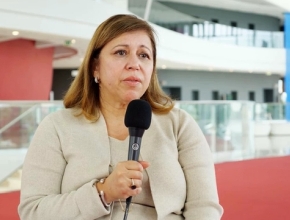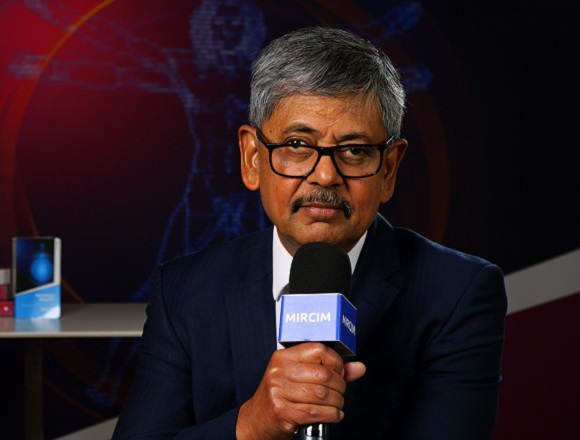Dr Robert B. M. Landewé is a professor of rheumatology and clinical immunology in the Amsterdam University Medical Center, The Netherlands, and coauthor of EULAR recommendations on the management of systemic sclerosis, early arthritis, rheumatoid arthritis, axial spondyloarthritis, and SARS-CoV-2 infection in patients with inflammatory rheumatic diseases.
If you were to name the 3 most important recent advances in the management of spondyloarthritis, what would they be?
Robert B. M. Landewé, MD, PhD: I would say the first [advance] is that we have realized… recognized over the last couple of years—and that was also supported by a couple of studies—that we actually, in the clinic, diagnose too many patients with spondyloarthritis. That means [that] we use classification criteria for diagnosis, but classification criteria are not meant for diagnosis. They are meant to classify patients in clinical studies, but they are far too sensitive, so to say, and too aspecific for making a diagnosis. So, for making a diagnosis, we have learned that you truly need expertise. We need to know which patients actually truly have spondyloarthritis. You need to know, in other words, the pattern recognition to best combine all the different signs and symptoms that patients with spondyloarthritis can present with in order to make an appropriate diagnosis.
The second advancement, in my regard, is the finding… the realization—a little bit in contrast to at least my expectation—that Janus kinase (JAK) inhibitors truly work in patients with severe spondyloarthritis, with severe inflammatory spondyloarthritis. [It] was a bit strange because we thought that JAK inhibitors would be good drugs for rheumatoid and for psoriatic arthritis but not so much for spondyloarthritis, but the trials have shown different [results]. Actually, these drugs… All the JAK inhibitors actually work well for spondyloarthritis too, so that is an extension of the armamentarium for patients with spondyloarthritis.
The third advancement is that we now—over the last couple of years, maybe the last 2 years or so—have seen good clinical trials showing that patients with spondyloarthritis who are treated appropriately with tumor necrosis factor (TNF) inhibitors, interleukin 17 (IL-17) inhibitors… In those patients, when they have come into remission, the drugs can slowly be tapered. We have seen studies in which you can either totally taper the TNF inhibitor or IL-17 inhibitor to zero—that means effectively stopping the drug, without seeing a relapse—or at least reduce the dose by 50% without losing efficacy.
These are altogether the most important advances, in my opinion at least, in the field of spondyloarthritis. Overdiagnosis is the first [one], “JAK inhibitors are effective” is the second [one], and “tapering is possible” is the third [one]. Thank you very much.
 English
English
 Español
Español
 українська
українська










